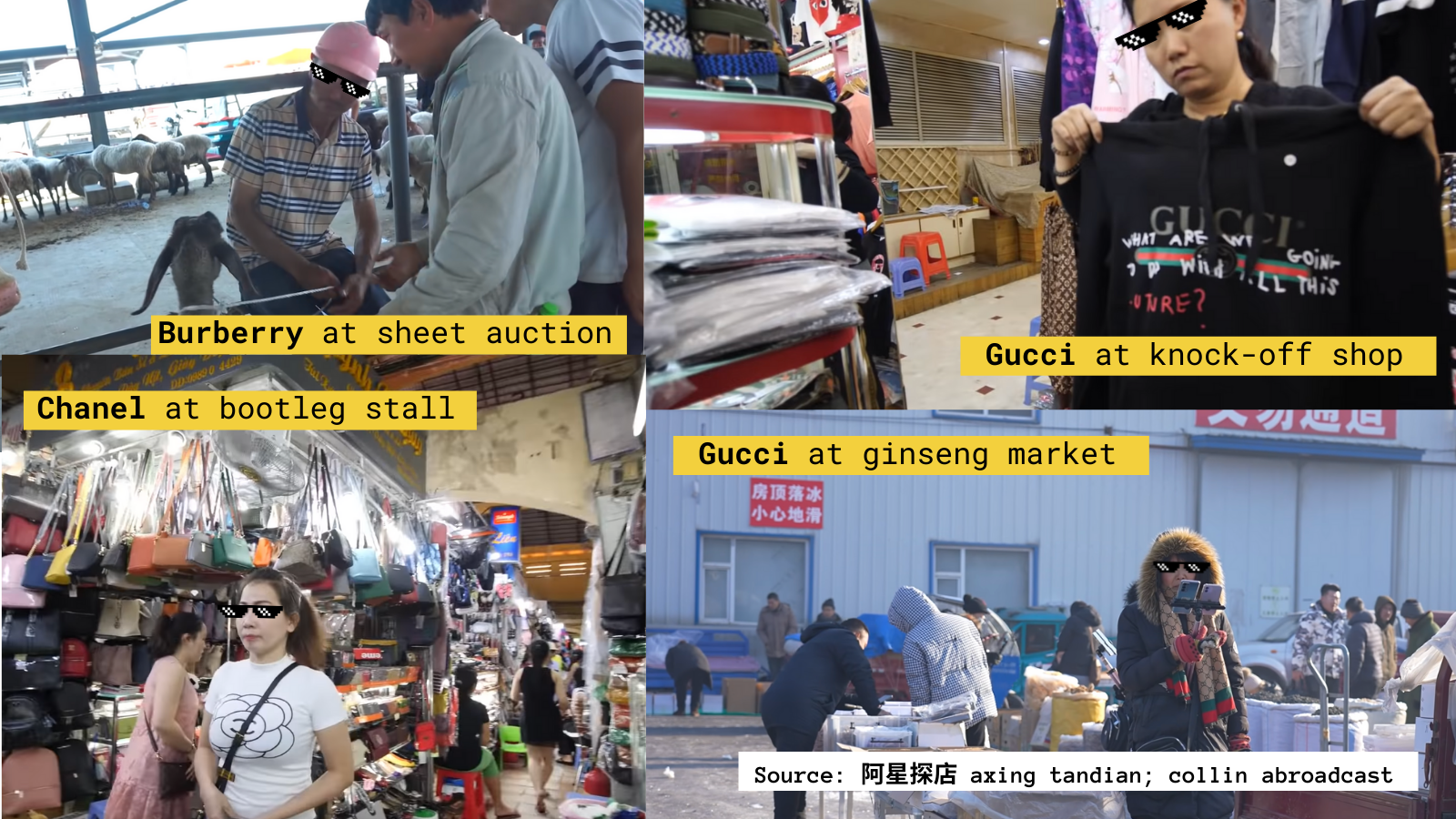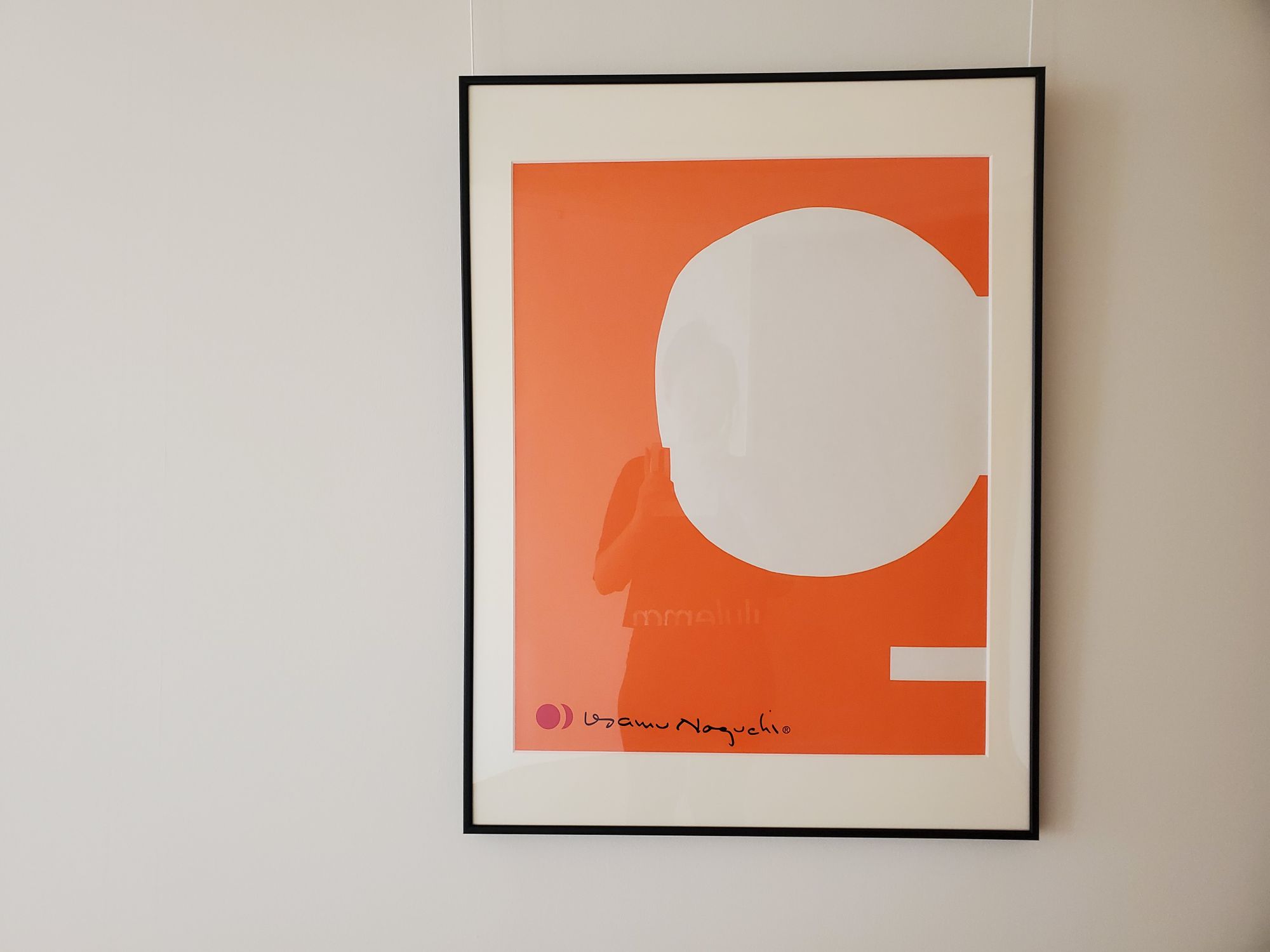Luxury needs context
Hello intersectional thinkers 👋
Greetings from Vancouver, where I'm getting ready to welcome the year of the Tiger 🐯 for Chinese New Year.
There's a running joke in China about wealth: China is doing so well that even street vendors wear luxury casually. See below:

Luxury needs context.
The value of a logo, like money, is determined by not just people, but by people sharing a social context.
At the department store, Gucci's logo on a T-shirt is worth $500.
At the knock-off market, the same logo on a T-shirt is worth $30.
At the textile manufacturing plant, that logo on a T-shirt is worth $5.
To the street vendor, the logo T-shirt is just another T-shirt.
To the bourgeoisie, the logo T-shirt is an identity.
Value needs context.
Intangible assets (think logos, data, software, patents) currently count for 90% of S&P500's valuation. That's $20T+.
Depending on your relationship to intangible assets, you'll be valued differently.
Take S&P500 CEOs' compensation.
https://twitter.com/beeamp_vicky/status/1481849857975275522?s=20
CEOs of companies without infinitely scalable intangible assets like McDonald's and Starbucks (inventory & real estate) are being paid similarly to TikTok star at $10M+ a year.
But CEOs of companies built on intangible assets live a different dream.
Alex Karp, CEO at Palantir - a not yet profitable tech company using patented software (intangible asset x 2) to analyze big data (more intangible assets) to aid AI-powered decision making (once again, intangible assets) - can command his worth at $1.1BN.
For you and me, personal valuation is the same.
Know your context to know your worth.
Like Naval says, "The three big decisions - what you do, where you live, and who you’re with."
https://twitter.com/naval/status/1390216106384584704?s=20
It's all about choosing your context. Everything else will follow.
Have a great week,
Vicky






